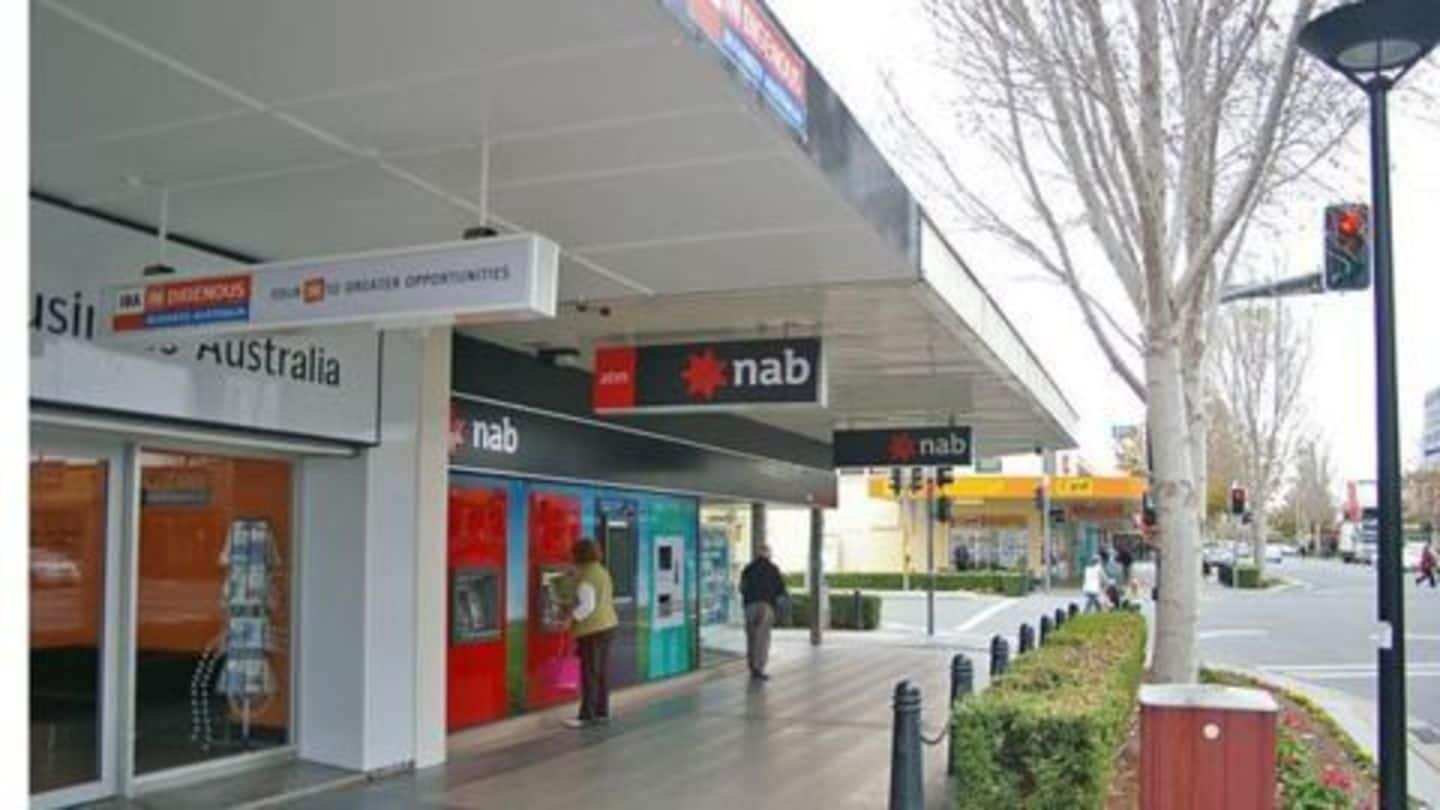
Australian Bank accidentally reveals information of account holders
What's the story
Over 60,000 account holders of the National Australia Bank (NAB) have had their account information revealed to an outside party. NAB mistakenly sent across information like names, addresses and other details of 60,000 migrant banking customers to an incorrect email address. Sending details of these newly opened bank accounts to the wrong recipient is being blamed on "human error".
Information
Who were impacted?
Accounts that were impacted had been opened by NAB's migrant banking team: customers had opened their accounts while they were residing overseas, before migrating to Australia. The error doesn't impact customers who opened their accounts in Australia.
How bad is it?
Repercussions of the error
At the moment, it's believed, that no money has been lost so far due to NAB compromising details of thousands of bank accounts. Reportedly, over 40 percent of these accounts were either closed or have not been used much most of this year. Nearly 19,000 accounts out of the 60,000 had account balances of less than $2.
Intimation
Measures taken by NAB
NAB has already notified the 60,000 account holders, that their account establishment details had been sent to the wrong recipient. The bank also informed its customers that an internal check had revealed this error made by the bank. NAB further assured them that the bank would monitor these accounts 24/7 for any unusual activity.
Quote
NAB apologizes
"We take the privacy and the protection of our customers' personal information extremely seriously. We also take full responsibility and we sincerely apologize to our customers for this mistake"
Steps taken
NAB working with experts
NAB has engaged a cybercrime and forensic specialist, US firm Stroz Friedberg, who has worked on high profile cases like hacking attacks on Yahoo and Sony. Court documents reveal that NAB launched a court action against Google to assist it with the wrongly sent emails. NAB is also working with regulators like Office of the Australian Information Commissioner and Australian Securities and Investments Commission.